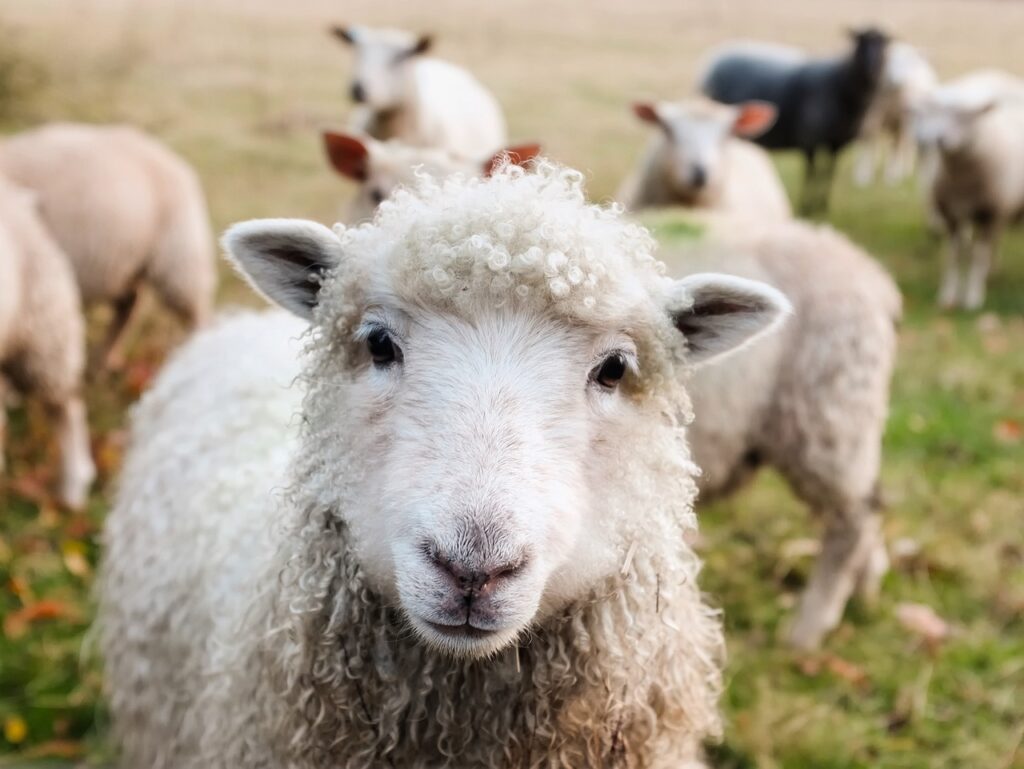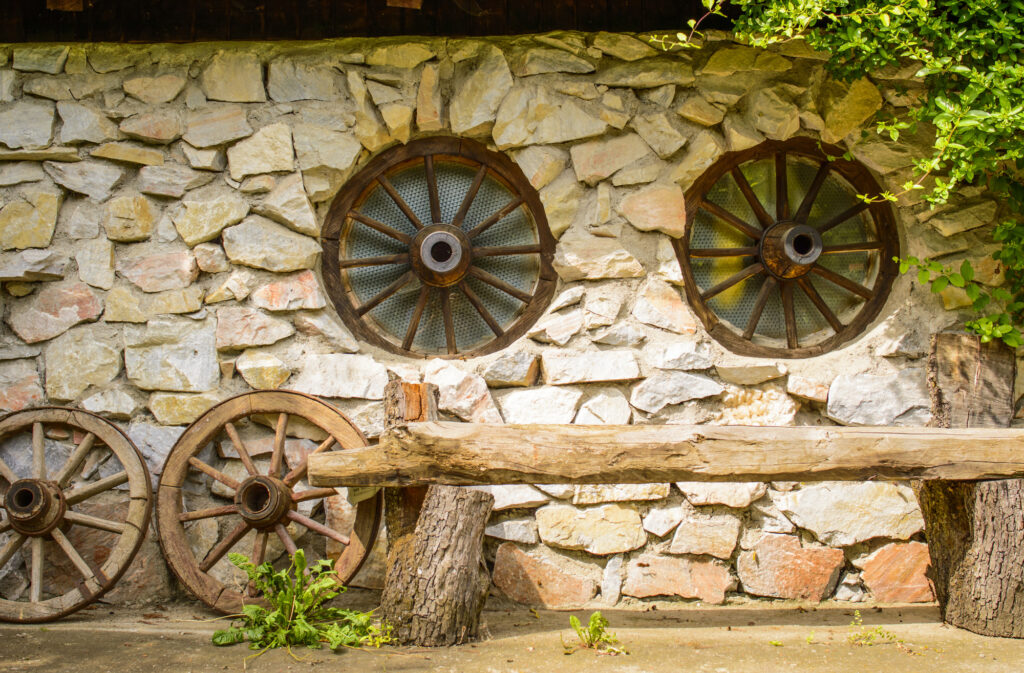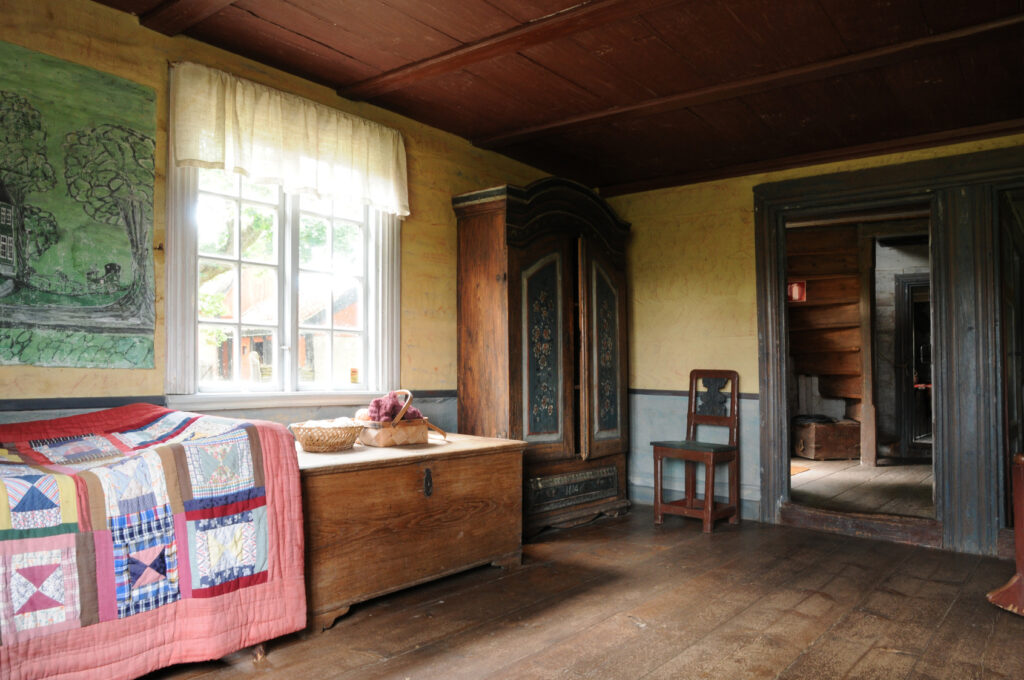How to Get that Rustic Look for Your Kitchen Decor
Are you looking to get that perfect rustic look for your kitchen? Achieving a rustic kitchen decor can add charm and warmth to your home. Whether you’re starting from scratch or just want to update your existing kitchen, this blog post is full of ideas on how to decorate a rustic kitchen. From furniture and […]
How to Get that Rustic Look for Your Kitchen Decor Read More »





